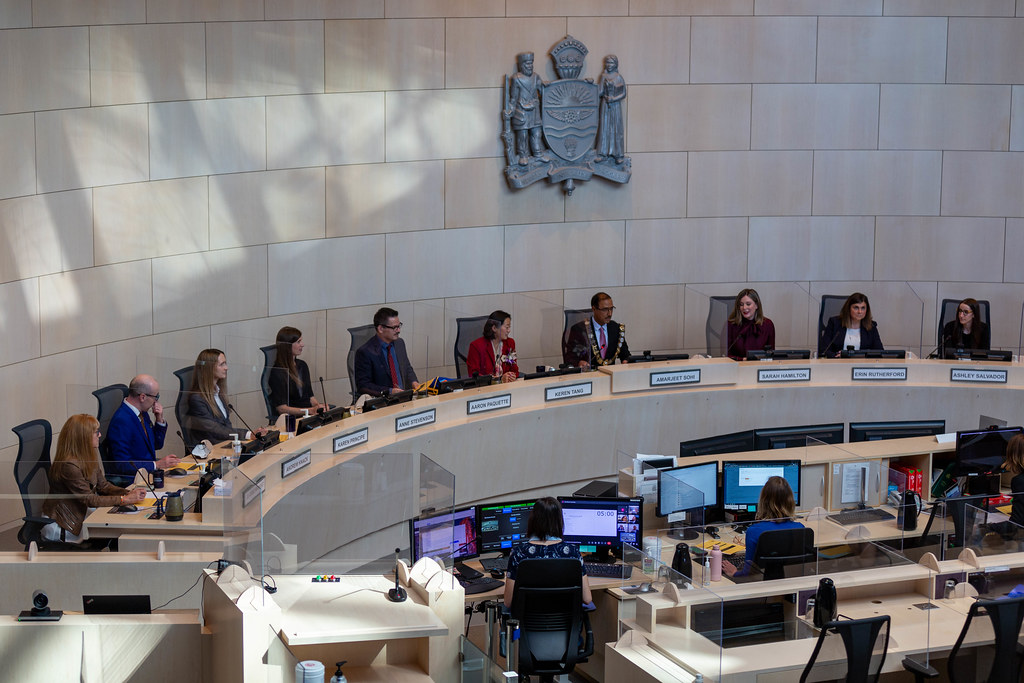
Peer-led study investigates cannabis use and mental health among in-risk populations
By
Brett McKay
People who use drugs seldom have much sway in the studies they're the subject of, or the government policies they're subjected to. A peer-led, community-based research project in Alberta is working to change that while filling knowledge gaps in the relationship between cannabis use and mental health for in-risk people.
The Cannabis As Relief in Mental Health and Addiction (CARMHA) Project is coordinated by AAWEAR (Alberta Alliance Who Educate and Advocate Responsibly) and Habitus Collective, and has involved people with lived experience in every step of the project, from design to data analysis. The project team started with overarching questions around cannabis use, legalization, and stigma, with the aim of "bringing voice to a different community, a community that hasn't actually had a lot of say in the types of research that have come out around cannabis," said Lisa Elford, principal consultant with Habitus Collective.
"What we were interested in was not necessarily the causative link, but understanding the role that cannabis plays in people's lives. And the group that is naturally connected with AAWEAR is folks who are living rough, usually houseless populations, or who have used or have a history of concurrently using other substances," Elford said.
AAWEAR is an advocacy group made up of people with a history of hard drug use, and it is active in street outreach, education campaigns, and pushing for policy reform. The maxim "nothing about us without us" that guides the organization's daily work was also essential to the CARMHA Project's objectives.
"We wouldn't have applied, and we wouldn't have put this project together, if we couldn't have that level of peer support, peer interaction, and lived experience knitted throughout the whole project," said Elford.
Cody Stephen, a peer researcher with AAWEAR, said his own experience with addiction and as an outreach worker in Edmonton made participants more comfortable completing their survey.
"It takes me back to when I was in their shoes, when someone came up to me and asked me if I want to do a survey. I'm like, 'Oh, yeah, for sure. Is there money involved?'" Stephen laughed. "But that was not always the pitch when we were out there. It was about if they want to help with policies and practices in the future. And a majority of them were all about it."



![A moment in history: Aug. 17, 1979 A clipping of a newspaper ad announcing the annual general meeting of the Edmonton Symphony Society in 1979]](https://mcusercontent.com/cf49a42db023942d337b0dabf/images/1d8c97a2-6fa7-e940-7a8d-55d7360d8c74.jpg)